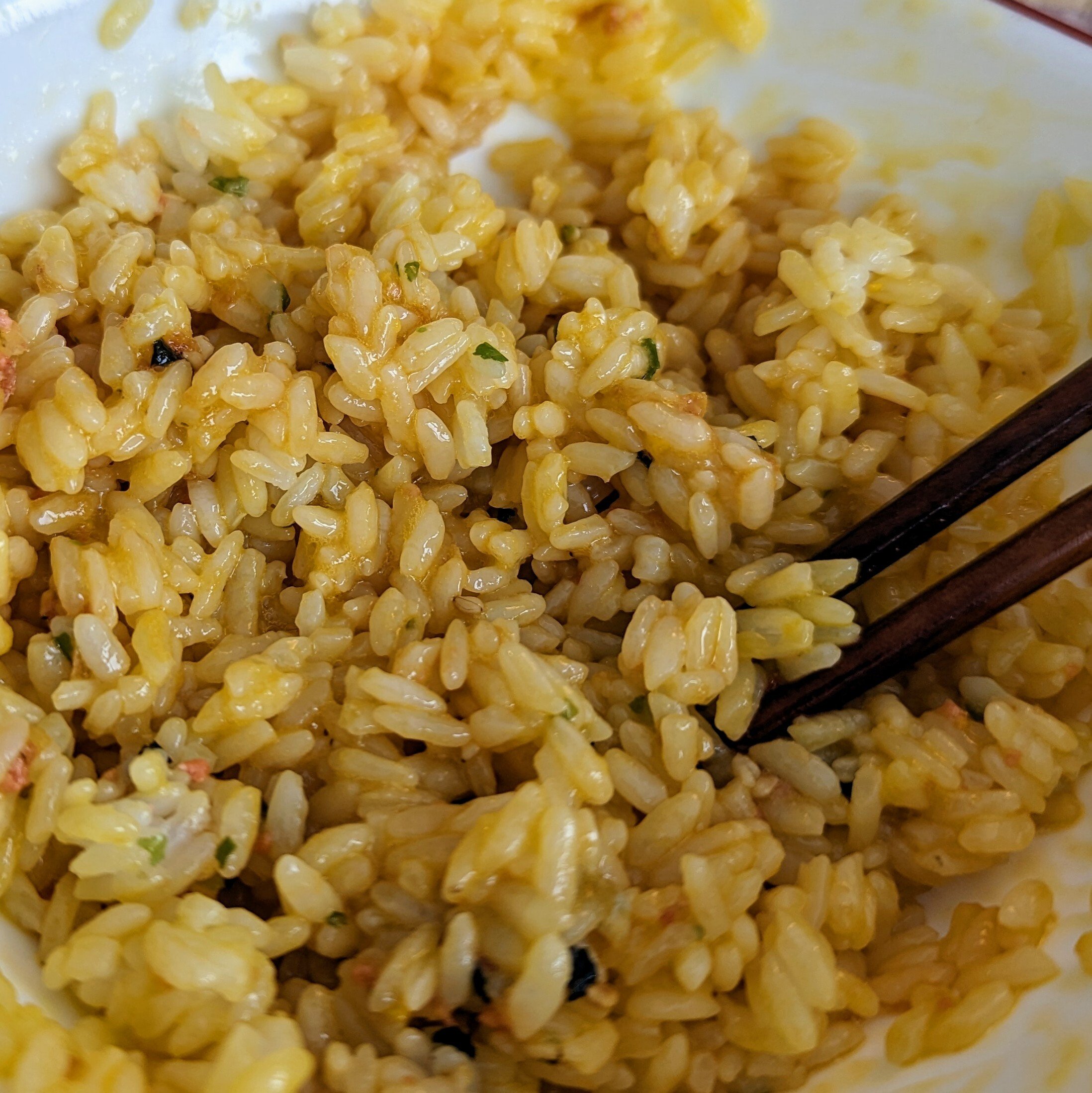FoodPorn
Welcome to a little slice of culinary heaven where we share photos of our favorite dishes, from savory succulent sausages to delicious and delectable desserts. Made it yourself? We'd love to hear your recipe!
Rules:
1. BE KIND
Food should bring people together, not tear them apart. Think of the human on the other side of the screen, and don't troll, harass, engage in bigotry, or otherwise make others uncomfortable with your words.
2. NO ADVERTISING
This community is for sharing pictures of awesome food, not a platform to advertise.
3. NO MEMES
4. PICTURES SHOULD BE OF FOOD
Preferably good, high quality pictures of good looking grub; for pictures of terrible food, see [email protected]
Other Cooking Communities:
Be sure to check out these other awesome and fun food related communities!
[email protected] - A general communty about all things cooking.
[email protected] - All about sous vide precision cooking.
[email protected] - Celebrating Korean cuisine!
view the rest of the comments

That sounds about right. Would I have heard/read in the past is that the more recently the bloom is removed before eating the raw egg, the less likely there is to be contamination internally. But in the American industrialized agriculture economy, I doubt that's happening right before it hits grocery market shelves. But on that point, it's a total guess and I've never heard anything about statistics on it.
I would just say that, if you want to eat raw eggs, try to get them fresh from somebody with chickens or a small farm. Sure, you'll probably be fine other ones, but win-win-win to go for the small guys.